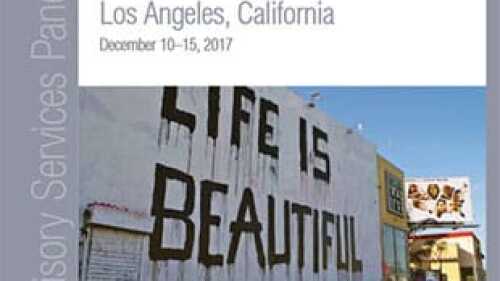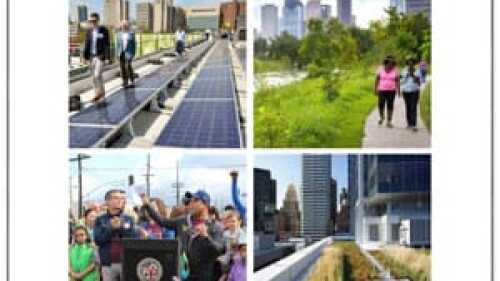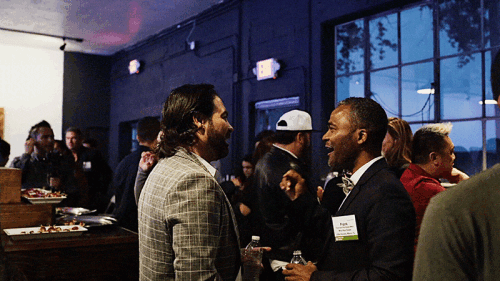Best Practices
Learn from Urban Land’s Best Practices with expert case studies, award-winning projects, and proven real estate strategies
A new report, Supporting Smart Urban Development: Successful Investing in Density, is the result of collaboration between a powerful group of innovative real estate investors and developers that are actively building the cities of the future. Collectively, this group owns or manages over US $300 billion worth of real estate assets worldwide.
Panelists at the ULI Washington Trends Conference in April said having a more diverse staff benefits the bottom line and addressed some of the ways they are trying to attract talent to the industry. “If everyone around the table looks the same, it’s hard to get outside of that box,” said Jodie McLean, chief executive officer of EDENS and a ULI trustee.
A recent ULI Advisory Services panel, funded entirely by the ULI Foundation, provided recommendations specific to the city of Los Angeles but adaptable to other metropolitan areas.
A new report from the Urban Land Institute’s Center for Sustainability and Economic Performance outlines ten fundamental principles for building resilient cities and regions that successfully anticipate, respond to, and recover from both immediate shocks such as hurricanes and other extreme weather events and long-term stresses such as sea-level rise, poverty, and declining population.
Like many areas of the United States, California is facing a housing affordability crisis in its most populous area, and the San Francisco Bay area is ground zero, with sky-high rents and housing prices. To help address the issue, ULI San Francisco created the Housing the Bay initiative in early 2017. Through research, events, and workshops, the initiative aims to explore the underlying causes of the Bay Area’s high housing costs and inadequate housing supply and propose solutions.
In February, ULI South Florida/Caribbean gathered a panel of researchers, real estate developers, and economic development agencies at the new Arts & Entertainment District—the latest neighborhood to emerge as a cultural destination for city residents.
While it is generally known that good schools enhance property values, it is not always clear how to improve an existing school system in a way that would benefit a community. Speakers at the 2016 ULI Fall Meeting described their approaches to adding value with stronger schools in both distressed urban neighborhoods and affluent greenfield developments.
During a session at the 2016 ULI Fall Meeting, panelists involved in the ULI Healthy Corridorsproject discussed strategies for transforming unsafe, unattractive, and poorly connected commercial corridors into thriving places that further the goal of creating healthy and economically vibrant communities.
A new ULI program that helps office tenants design and manage their spaces to reduce energy consumption could help the real estate industry reduce emissions that are driving climate change. But at the program’s rollout at ULI’s 2016 Fall Meeting in Dallas, panelists said that the new ULI Tenant Energy Optimization Program is likely to have a more far-reaching impact than that of many previous environmental initiatives because it offers a compelling, well-documented business case that energy efficiency can generate a lucrative return on investment.
Author Gary Sernovitz sees the American oil and gas renaissance as “the Internet of oil, a spark . . . that led to an industrial change of such scope and magnitude that we have woken up . . . in a once impossible world.” Yet public understanding of the shale revolution has lagged, leading to hype, scaremongering, and a failure to candidly discuss its urgent moral, technological, regulatory, and environmental challenges.





